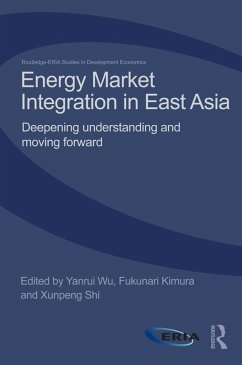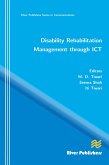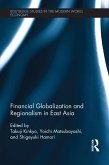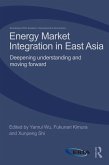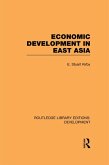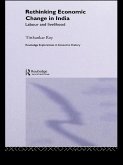East Asian nations through the dialogue between ASEAN and its partners have been promoting energy market integration (EMI) for a decade. The formation of the East Asian Summit (EAS) group in 2005 adds new momentum to the EMI course in the region. The objective of this edited volume is to present new insights into the understanding of EMI in East Asia and draw implications for further development. This book is the first publication of its kind exclusively focusing on EMI in East Asia. The chapters are written by a distinguished group of specialists in the field of energy policy, business and economics. The covered topics range from the general debates about EMI to regional policy responses. A variety of qualitative and quantitative methods are employed in this book. For qualitative methods, public goods theory and the comparative study method are two examples. The quantitative methods include economic growth theory, principle component approach, input-output table, computable general equilibrium (CGE) models and econometric techniques. Important policy implications can be drawn from the findings. One clear message is that EMI should be promoted actively but in a gradual, incremental manner. Other policy implications are related to inter-regional governance, infrastructure development and gas market integration.The content has not been published elsewhere and hence makes a unique contribution to the literature. There are also case studies of specific energy sectors such as petroleum and natural gas. Overall this book should be of interest to a wide audience such as academia, business analysts and policy makers.
Dieser Download kann aus rechtlichen Gründen nur mit Rechnungsadresse in A, B, BG, CY, CZ, D, DK, EW, E, FIN, F, GR, HR, H, IRL, I, LT, L, LR, M, NL, PL, P, R, S, SLO, SK ausgeliefert werden.

